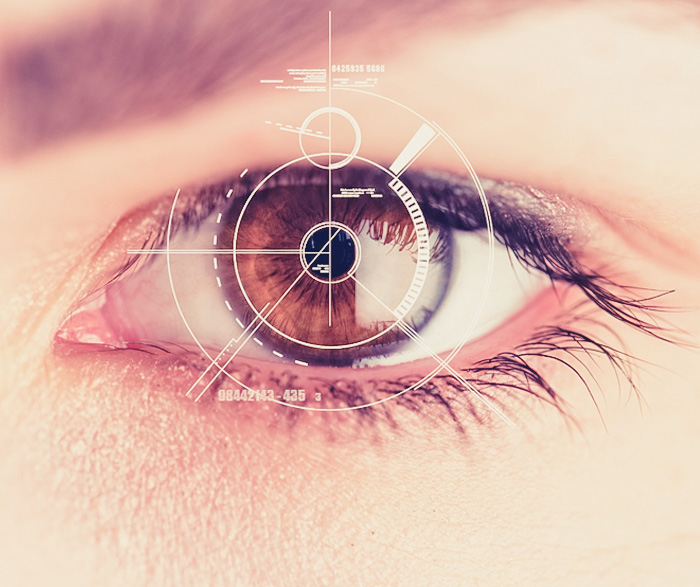Contact lens evaluations include all of the elements of a comprehensive eye exam—with a few additions. Our doctors will carefully determine which lenses best fit your vision needs, lifestyle and preferences. From colored cosmetic to specialty contacts, we’ve got you covered. Next, our doctors will ensure the perfect fit for comfort and corneal health by trying on various lenses. Every eye is unique!

Contact Lens Evaluations
Common Misconceptions for First-Time Contact Wearers
There are a lot of common misconceptions regarding contacts and here’s what you need to know…
-
Contacts move and can get lost behind your eye.
Contact lenses are designed to move naturally with the eyes. Although a lens can get off-center, it cannot get lost behind the eye.
-
Contact lenses “pop” out all of the time.
Contact lenses can pop out occasionally, but this is rare. When this occurs, it is often due to a lack of moisture on the eye. Our doctors are experts at resolving contact fitting issues like this!
-
Contacts are uncomfortable.
When contact wearers experience discomfort, these individuals are often suffering from lenses that are not properly fit to their eyes’ unique shape. Most contact wearers do not notice their contacts after the first couple of days.
-
Contact lenses cause eye problems.
Just as you would not want to touch your eye without washing your hands first, you want to ensure that you are taking the proper steps to care for and clean your contacts.
Our staff members are expert teachers for first-time wearers. We will walk you through everything you need to know from putting on and taking off contacts to keeping them clean.
-
Contact lenses are a hassle.
Contact lenses are actually quite easy to take care of, thanks to advances in technology like modern cleaning solutions, frequent replacement and daily disposable contact lenses.
Specialty Contact Lenses
The doctors at Hamilton Eye Associates are well trained and sought-after for their skills in providing options to patients who are “difficult to fit.” These patients have medical eye conditions such as keratoconus, pellucid marginal degeneration, corneal scarring, complication from LASIK or other refractive surgery and dry eye.
Who can wear contacts?
Contact lenses are a perfect solution for a wide-range of prescriptions, including patients with astigmatism, bifocal requirements and even with some special medical conditions. Children can be a good candidate for contacts as well, depending upon maturity and parent discretion.
Contact Wearers
It’s recommended that contact wearers receive annual contact lens exams to ensure that the fit still aligns with changes that may occur to your eye as a natural result of aging. It’s also important that contact users periodically trial new contact lenses with the latest technology advancements. Contrary to belief, eyes can change later in life, although this does tend to slow, as we get older.
Did You Know?
There is currently no way to transplant an eyeball. This is mostly due to complications that occur from reconstructing the optic nerve.
Patient Recommendations
“Dr. Hamilton was recommended to me by a friend. I have been struggling to find comfortable contact lenses for a few years. My eyes have been constantly dry and red. He put me in one-day disposable contact lenses and it made all the difference. I am so much more comfortable now! Thanks to Dr. Hamilton and his friendly staff!” – A Google User
About Dr. Hamilton
Dr. Derek Hamilton graduated from Michigan College of Optometry. He has volunteered his optometric services in the South American country of Guyana. A leader in his profession, Dr. Hamilton is a member of the American Optometric Association’s Continuing Education Committee.
